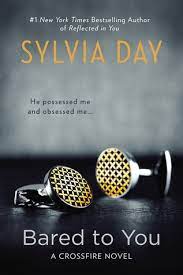
“My Sister’s Keeper” is a compelling and emotionally charged novel by Jodi Picoult that explores the intricate dynamics within a family faced with a moral and ethical dilemma. The Fitzgeralds, a seemingly ordinary family, find their lives upended when Sara and Brian Fitzgerald decide to conceive a child, Anna, through in vitro fertilization to serve as a genetic match for their older daughter, Kate, who suffers from leukemia. My Syster’s Keeper.
The story unfolds through multiple perspectives, delving into the complexities of individual choices, morality, and the consequences of playing with the boundaries of life and death. Anna, now thirteen, takes the unprecedented step of suing her parents for medical emancipation, asserting her right to make decisions about her own body, which include refusing to donate a kidney to her sister.
As the legal battle intensifies, the narrative weaves between the past and the present, revealing the family’s struggles, sacrifices, and the impact of Kate’s illness on each member. Sara, the mother, is portrayed as a determined advocate for Kate, while Brian, the father, grapples with his internal conflicts. My Syster’s Keeper. The characters are brought to life with nuanced emotions and ethical quandaries that challenge the reader’s own perspectives on medical ethics and familial bonds.
Read More
The courtroom drama raises thought-provoking questions about the value of a life, the lengths to which one would go for a loved one, and the blurred lines between right and wrong. Picoult skillfully navigates through the moral ambiguity, presenting a narrative that tugs at the heartstrings while prompting readers to reflect on their own beliefs and convictions.
Conclusion
“My Sister’s Keeper” is a poignant exploration of love, sacrifice, and the ethical dilemmas that arise when faced with life-altering decisions. It is a thought-provoking journey that challenges societal norms and underscores the fragile nature of human relationships in the face of profound medical and moral complexities.

